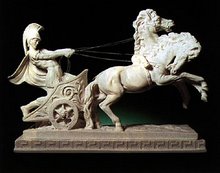And, my favorite pic of Kierra:

"Where is the wise one? Where is the scribe? Where is the debater of this age? Has not God made the wisdom of the world foolish? ... For the foolishness of God is wiser than human wisdom."
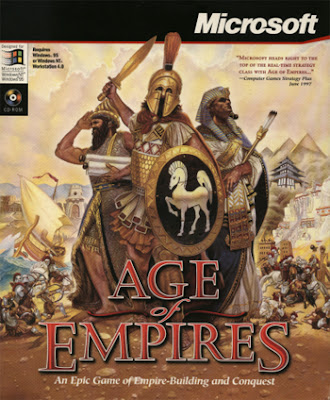
 Perhaps it was a mistake to think that any movie is relaxing after an exhausting day at work. Boondock Saints would definitely be on my "movies not to watch for relaxation" list (if there was one). In fact, I can say without qualms that it was one of the worst movies I have seen in a long time. It wasn't so much from the sheer grittiness and the extreme profanity (although one can take only so much before it just begins to become annoying and even seem unrealistic), nor can I say the movie wasn't well made. Actually, it was the references to religion particularly, within the context of the story, that, although some would perhaps find this an added bonus, was what made me nauseous (figuratively speaking). Indeed, other than that opinion that would take killing "evil men" in the name of Christ as praisworthy, or other than another (perhaps more common) who find something definitely wrong with that picture, but cannot find the reason why doing such would be bad, I find the "religious" life of Connor and Murphy McManus to be nearly the exact inversion of the life of Christ.
Perhaps it was a mistake to think that any movie is relaxing after an exhausting day at work. Boondock Saints would definitely be on my "movies not to watch for relaxation" list (if there was one). In fact, I can say without qualms that it was one of the worst movies I have seen in a long time. It wasn't so much from the sheer grittiness and the extreme profanity (although one can take only so much before it just begins to become annoying and even seem unrealistic), nor can I say the movie wasn't well made. Actually, it was the references to religion particularly, within the context of the story, that, although some would perhaps find this an added bonus, was what made me nauseous (figuratively speaking). Indeed, other than that opinion that would take killing "evil men" in the name of Christ as praisworthy, or other than another (perhaps more common) who find something definitely wrong with that picture, but cannot find the reason why doing such would be bad, I find the "religious" life of Connor and Murphy McManus to be nearly the exact inversion of the life of Christ."You people have been chosen to reveal our existence to the world, you will witness what happens here today and you will tell of it later."
 claim, it is your evil that will be struck by us," Christ's mission was the exact opposite. His work was the work of healing, of the restoration and redemption of the corrupt, of forgiveness and mercy of evil! And whereas the "saints" proclaimed loudly their work to the world and commanded that people "tell of it later," Christ, by contrast, commanded those whom he had healed not to tell anyone of what happened nor who did it. The latter point, I think, is the most profound, for it speaks not only of the mercy of Christ, but also his humility. The "saints" by contrast boasted about their deeds and had them proclaimed. They pray (if it can be called that), but never point to Christ for recognition. This is none other than the proud Pharisee. In short, the "saint's" religiosity is a joke. It holds little weight as religious at all, for it is entirely egoistic and essentially demonic.
claim, it is your evil that will be struck by us," Christ's mission was the exact opposite. His work was the work of healing, of the restoration and redemption of the corrupt, of forgiveness and mercy of evil! And whereas the "saints" proclaimed loudly their work to the world and commanded that people "tell of it later," Christ, by contrast, commanded those whom he had healed not to tell anyone of what happened nor who did it. The latter point, I think, is the most profound, for it speaks not only of the mercy of Christ, but also his humility. The "saints" by contrast boasted about their deeds and had them proclaimed. They pray (if it can be called that), but never point to Christ for recognition. This is none other than the proud Pharisee. In short, the "saint's" religiosity is a joke. It holds little weight as religious at all, for it is entirely egoistic and essentially demonic. 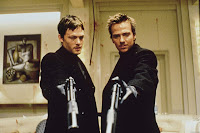 makes it the justice of God. It is impossible that this justice can be enacted by anyone other than God. Simply because we are not God, makes the deed all that more evil.
makes it the justice of God. It is impossible that this justice can be enacted by anyone other than God. Simply because we are not God, makes the deed all that more evil. 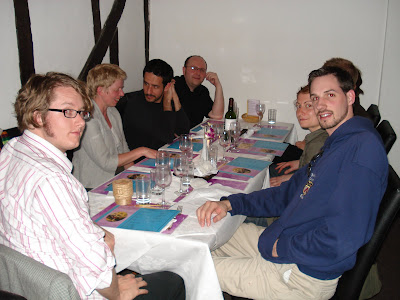
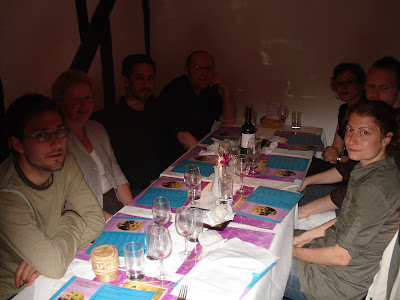
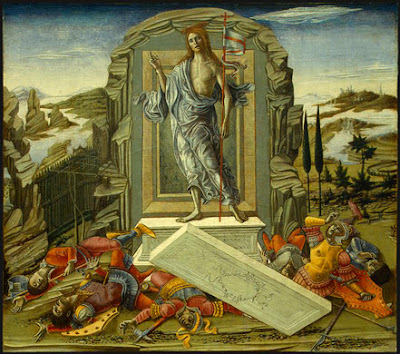
God our Father, creator of all,
today is the day of Easter joy.
This is the morning on which the Lord appeared to men
who had begun to lose hope
and opened their eyes to what the scriptures foretold:
that first he must die, and then he would rise
and ascend into his Father's glorious presence.
May the risen Lord
breathe on our minds and open our eyes
that we may know him in the breaking of the bread,
and follow him in his risen life.
Grant this Christ our Lord.
--Thanks be to God, alleluia, alleluia.


